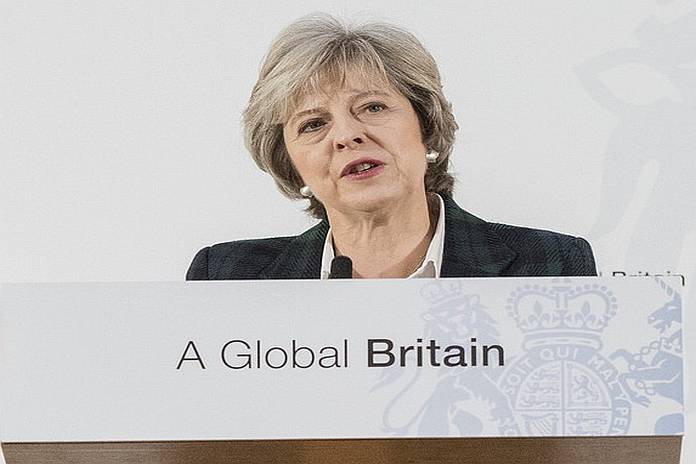
By Burcu Hacibedel and Priscilla Muthoora
WASHINGTON, USA – Rising economic growth has reduced inequality in low-income and emerging market countries over the years. In good economic times, young people working helps reduce inequality in both groups of countries. But when growth slows down and jobs are lost, more young people out of work in low-income countries leads to a rise in inequality. In emerging markets, the story is a bit different and we’ll explain why.
The results in our co-authored recent paper, which studies a group of 71 low-income and emerging market countries, emphasize the importance of both the quality of jobs created and a country’s policies to support employment, which helps reduce inequality and foster more inclusive growth.
A new way of knowing
The relationship between inequality and long-term growth has been closely studied, but the relationship between short-term fluctuations in growth and inequality—both in good times and in bad times—is a rich mine for more research.
To study this relationship, we decided to use an approach called mediation analysis, most often used in psychology, but rarely used in macroeconomics. The idea is to identify what the driving force is behind why something happens, and how these are connected. Another big advantage is it can help pinpoint how important the different driving forces behind any changes may be.
This matters because if policymakers know more about why something is happening, they can design better policies to…






